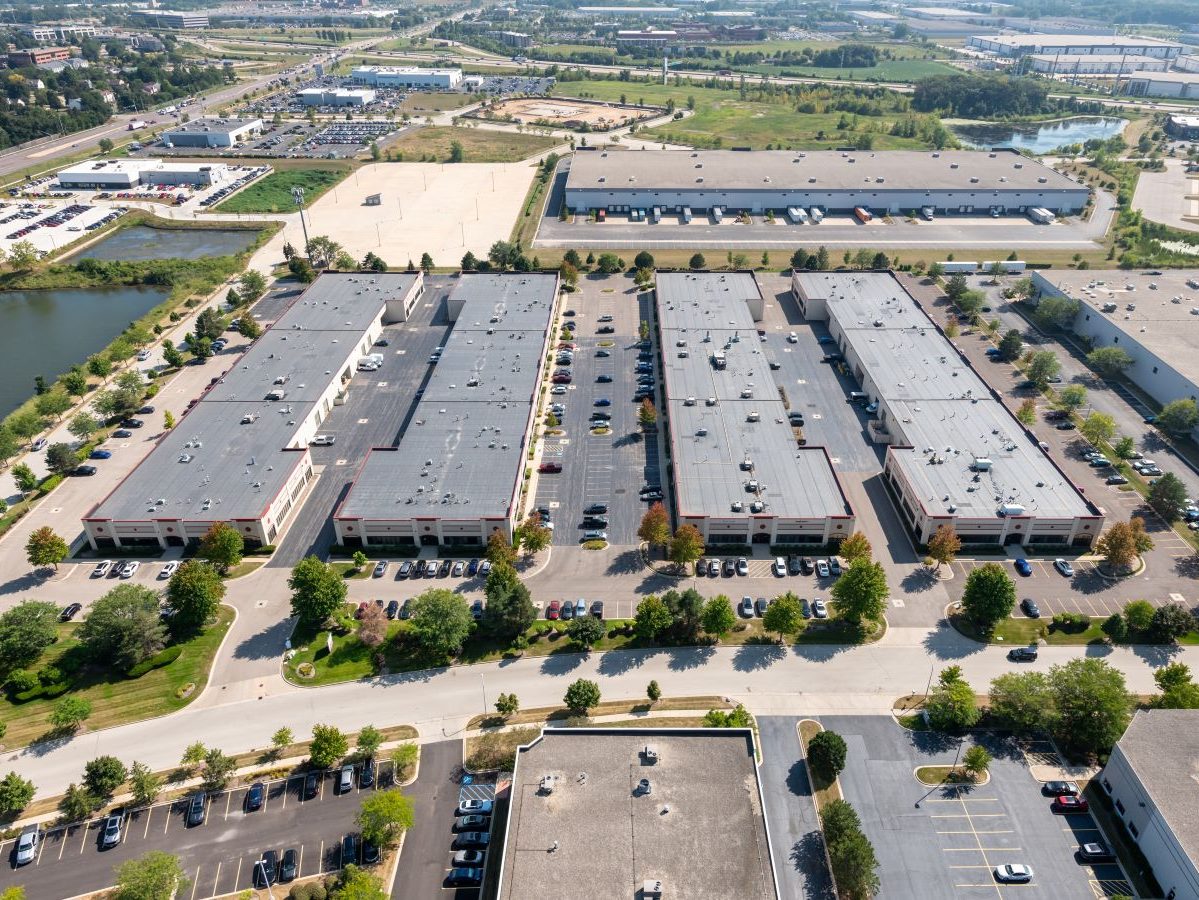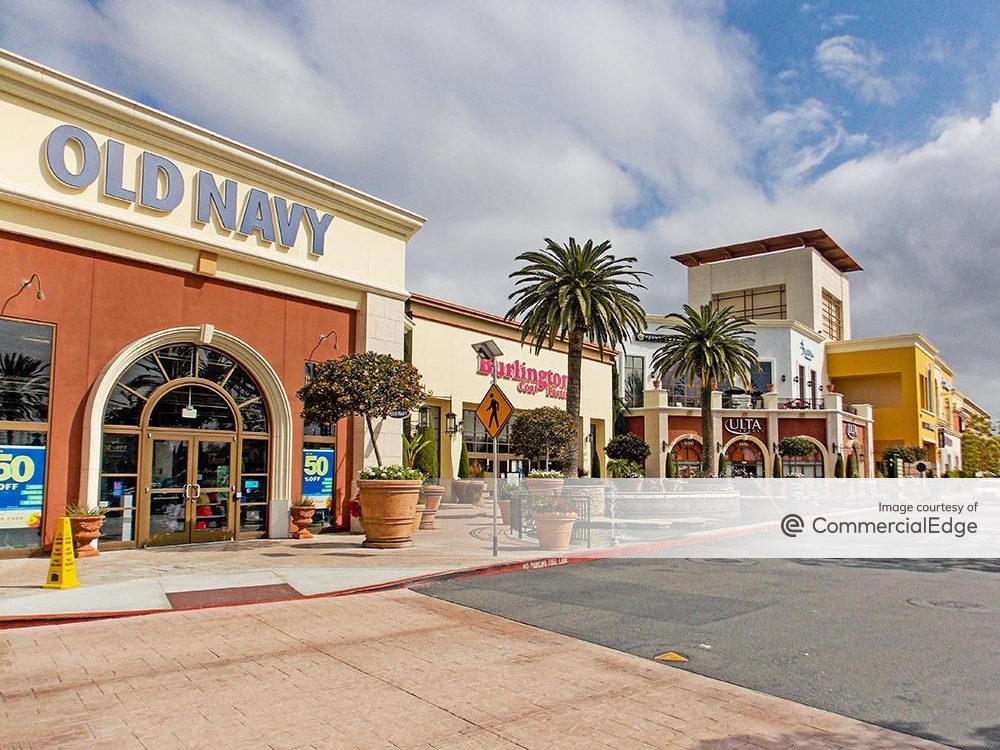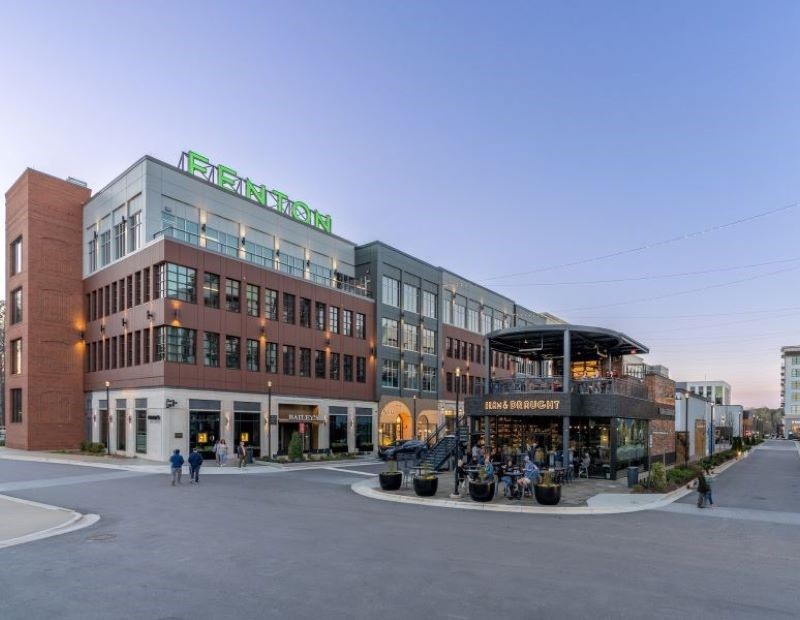Net Lease Cap Rates Fall to All-Time Low in Q3: Report
The Boulder Group’s latest report attributes the drop to recent announcements by the Fed and a flight to quality.
Acquisition yields in the single-tenant net lease retail, office and industrial sectors compressed by 19, 10 and 11 basis points, respectively, compared to the second quarter, according to The Boulder Group.
READ ALSO: Net Lease Transactions Plunge in Q2, Cap Rates Hold
The national asking cap rate in the single-tenant net lease retail sector dropped to 6.06 percent for the third quarter from 6.25 percent in the second quarter. The national asking cap rate for the single-tenant net lease office sector was 6.90 percent in the third quarter vs. 7.00 percent in the second quarter. The single-tenant net lease industrial national asking cap rate decreased to 6.88 percent in the third quarter from 6.99 percent in the second quarter, according to The Boulder Group report.
Randy Blankstein, president of The Boulder Group, a Chicago-based investment real estate services firm specializing in transaction and advisory services for single-tenant net lease properties, attributed the third-quarter cap rate compression to the recent Federal Reserve announcement suggesting interest rates will remain near zero through 2023, at least.
In a prepared statement, Blankstein said that the Fed comments combined with a recent ‘flight to quality’ have resulted in significant cap rate compression for strong credit and essential net leased assets. In July, when discussing the firm’s second-quarter net lease market report, Blankstein also referred to the flight to quality, noting private investors seeking to avoid the volatility of alternative investment vehicles and the stock market were looking to invest in net lease properties that had long-term leases with credit tenants like 7-Eleven, CVS and McDonald’s.
Properties with long-term leases to investment-grade tenants are still in the highest demand, according to the third-quarter net lease report. The report noted net lease investors are limiting the type of properties they are willing to acquire as COVID-19 continues to impact the commercial real estate market. Sellers of retail assets experiencing the greatest negative impact include movie theaters, gyms and second-tier casual dining. Jimmy Goodman, partner at The Boulder Group, said in prepared remarks the owners of less desired net lease properties are holding back because they don’t want to sell at unfavorable prices, leading to a decline of about 9 percent in the supply of net lease properties for sale during the third quarter.
Declining supply
The lack of supply is reflected in the number of properties on the market in the third quarter compared to the second quarter, particularly in the retail net lease sector. The Boulder Group report stated there were 3,102 retail properties on the market in the third quarter, down 10.86 percent from 3,480 in the second quarter. In the office sector, 380 properties were on the market in the third quarter, down 3.31 percent from 393 in the second quarter. There were 381 industrial assets on the market in the third quarter, for a 7.57 percent decrease from 354 in the second quarter.
John Feeney, senior vice president of The Boulder Group, said in a statement the retail sector experienced its largest cap rate move since 2014 as private and 1031 exchange investors aggressively sought the lower-priced assets. For owners of high-quality, in-demand net-lease properties, Feeney said the unprecedented cap rates across all three net lease sectors mean they can aggressively price those properties to take advantage of the private capital that is chasing the product type.
Despite the interest in high-quality properties, The Boulder Group expects net lease transaction volume for 2020 to be significantly lower than the 2019 total, because of the COVID-19 crisis’ impact on the real estate market. However, the firm is projecting a busy fourth quarter, with Blankstein expecting it to be the strongest quarter of 2020.
Read the full report by The Boulder Group.








You must be logged in to post a comment.